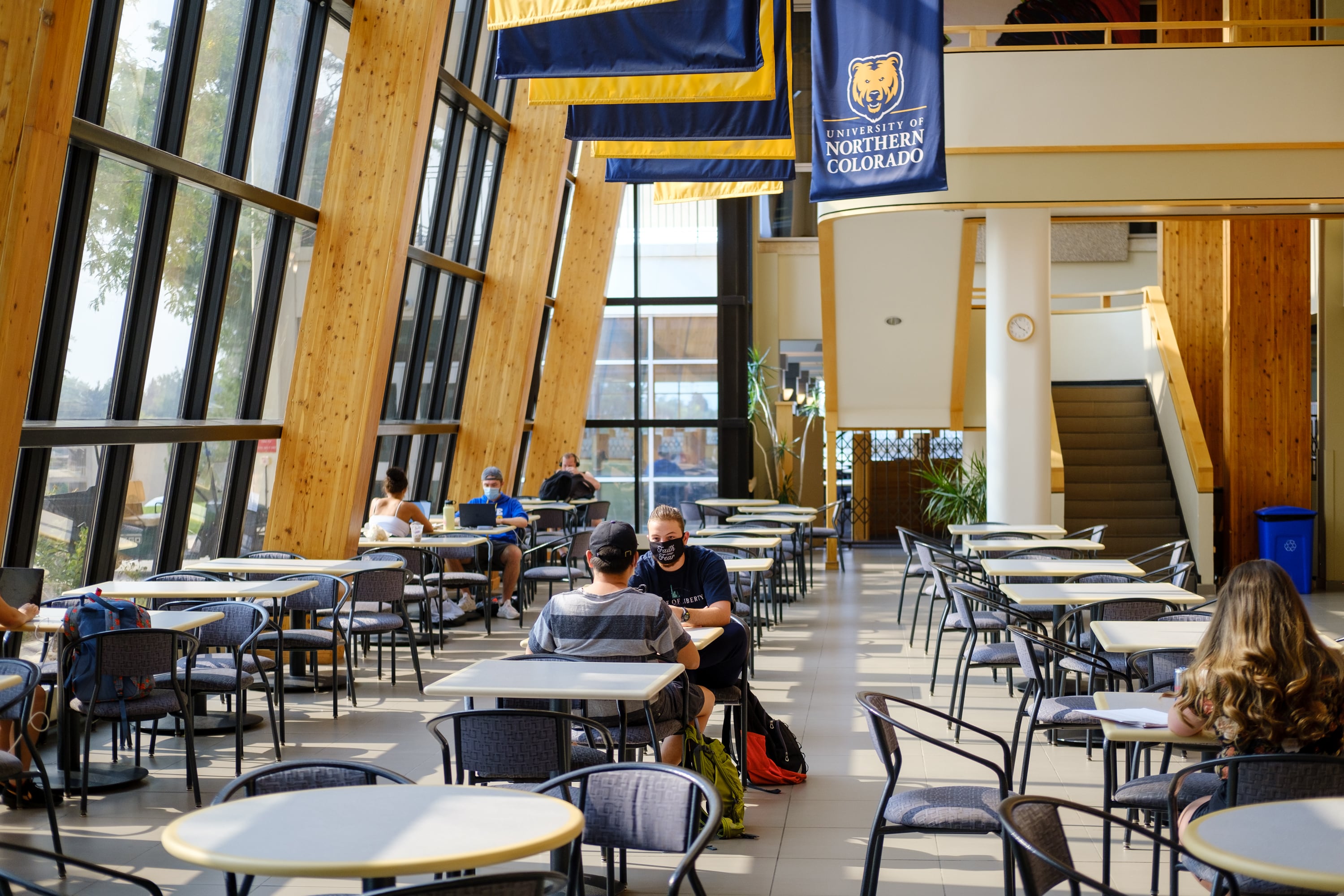The rate at which Colorado students are going to college right out of high school has dipped, and those who do go are less prepared. And participation in programs offering college experience in high school has remained stagnant.
Those takeaways detailed in the state’s recent annual look at the state’s higher education progress offer a better view of trends influenced by the pandemic. The May report, reflecting the high school class of 2020, serves as an annual pulse check on state higher education.
This is the first year the report shows the impact of the pandemic on students. The report looks at issues that threaten the state’s progress toward the goal of getting more residents equipped with a college certificate or degree. Here are three takeaways from the recent report on postsecondary progress.
Student participation in early college opportunities remained static
The good news: Students across the state consistently participated in college opportunities while in high school. But those numbers don’t show yet the impact of the pandemic.
Many students were already enrolled in college-level classes in 2020 before the start of the pandemic. The numbers reflect, however, the struggle to sustain progress made during the last decade in students participating in dual enrollment, career education and early college opportunities. Overall, participation has slowed or even flatlined.
The college-level programs not only expose students to college, but also save them money by earning credits often without paying tuition.
About 72% of Colorado high school students enrolled in career education classes, 42% enrolled in college classes while in high school, and 3.8% graduated high school with a college certificate or degree. Those rates barely budged from 2019 to 2020.
The report says the state will need to grow the number of students of color participating in those opportunities to create more equitable outcomes because Hispanic and Black students lag in participation.
The rate students enroll in college right out of high school dips
After the pandemic started, college leaders reported enrollment declines. Students said they lost learning time due to remote instruction, worried more about college costs, and reported feeling exhausted as reasons they were less likely to finish college.
The report reaffirms that the pandemic from its earliest stages upended college-going patterns. The state’s rate of students going to college right out of high school in 2020 dropped to 50.5%, a five-point drop from 2019.
The decline affected every student group, according to the report. College-going among rural students dropped to 46%. slightly less than that of the general population.
In all, 29,136 Colorado 2020 high school graduates did not complete a college credential program in high school or enroll in higher education.
Students aren’t as academically prepared
Students showing up unprepared for college-level work due to their disrupted pandemic education is a trend nationwide. Colorado is no exception.
The report shows a seven-point increase in the proportion of students needing remedial classes at four-year universities, from about 21% to 28%. At community colleges, however, the rate dropped to 35%, down from 41%.
Every demographic group needed to catch up in college to some extent, but Black and Hispanic students continued to be twice as likely to need extra coursework compared with their peers, according to the report.
Altogether, about 30% of first-year college students were placed in developmental education classes. About 27% of students need to shore up math skills, while about 12% need to beef up their English skills.
For years, the proportion of students needing extra education to get college ready has dropped. That’s in part thanks to statewide changes that ended remedial classes that don’t lead to credits and more support for students needing to catch up.
But the dips are a troubling sign for college completion because students who need developmental education classes are less likely to continue with their college education.
Jason Gonzales is a reporter covering higher education and the Colorado legislature. Chalkbeat Colorado partners with Open Campus on higher education coverage. Contact Jason at jgonzales@chalkbeat.org.







